Blum Center Education Director Alice Agogino has been named winner of the Presidential Award for Excellence in Science, Mathematics and Engineering Mentoring, the government’s highest honor for mentors who have worked to expand talent in science, technology, engineering and mathematics (STEM).
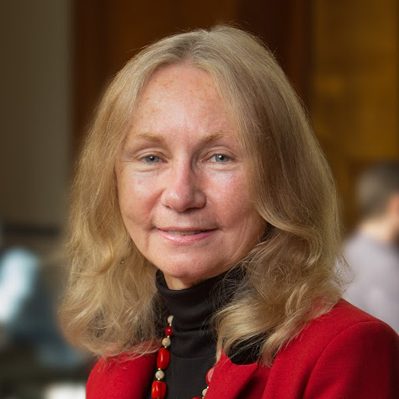 The award was announced June 25 by the White House Office of Science and Technology Policy and the National Science Foundation. Agogino, the Roscoe and Elizabeth Hughes Professor of Mechanical Engineering at UC Berkeley, was one of 41 honorees to receive the award at a ceremony last week in Washington, D.C.
The award was announced June 25 by the White House Office of Science and Technology Policy and the National Science Foundation. Agogino, the Roscoe and Elizabeth Hughes Professor of Mechanical Engineering at UC Berkeley, was one of 41 honorees to receive the award at a ceremony last week in Washington, D.C.
Professor Agogino has had a long and illustrious history of mentoring university students and junior faculty as well as engaging with local schools, museums and organizations to engage K-12 students in STEM topics. To support engineering students at UC Berkeley, she created a tiered mentoring network, in which senior doctoral students advise masters and undergraduate students. Over the years, she has been in high demand as a mentor by those who want to use their STEM educations for positive social impact. She also has built a reputation for designing courses that attract a high percentage of women and under-represented minorities.
At the Blum Center, Professor Agogino has been pivotal in creating the new field of Development Engineering, whose mission is to reframe development and the alleviation of poverty by educating engineering and social science students to create, test, apply and scale technologies for societal benefit. Development Engineering students, she has written, must learn “21st century skills”—interdisciplinary, team-based methods that are oriented to seeing problems from multiple viewpoints (quantitative, qualitative, ethnographic) and applying them through entrepreneurial pathways.
Professor Agogino is not new to awards. She is a member of the National Academy of Engineering and is the previous recipient of an ASME Ruth and Joel Spira Outstanding Design Educator Award “for tireless efforts in furthering engineering design education.” At UC Berkeley, she has received Chancellor Awards for Public Service, a Chancellor’s Award for Advancing Institutional Excellence and a Faculty Award for Excellence in Graduate Student Mentoring. She was elected a Fellow of the American Society of Mechanical Engineers, has won many best paper awards and has been honored with a National Science Foundation Distinguished Teaching Award and a AAAS Lifetime Mentor Award, the latter for increasing the number of women and African- and Hispanic-American doctorates in mechanical engineering.
Her work in decision-analytic approaches to engineering design led to a whole new field of research, and her research in mass customization became a patent-buster for licenses in database-driven Internet commerce. If that were not enough, Squishy Robotics, Inc., Professor Agogino’s startup company, recently was awarded a National Science Foundation Small Business Innovation Research grant to conduct research and development work on “Shape-Shifting Robots for Disaster Rescue, Monitoring and Education.”
Professor Agogino has explained that she was inspired to become a mentor due to her own experience at the University of New Mexico, where she was the only female mechanical engineering undergraduate student, and at UC Berkeley, where she became the first woman to receive tenure in her field. Professor Agogino uses a mentoring approach that she calls “designing for diversity.” By emphasizing the social impact of solving research problems, this strategy helps students feel connected to their work and motivated to persist in engineering.
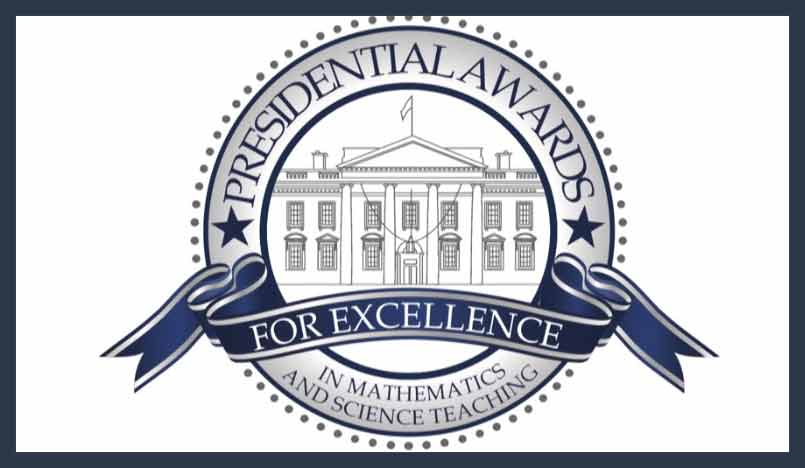
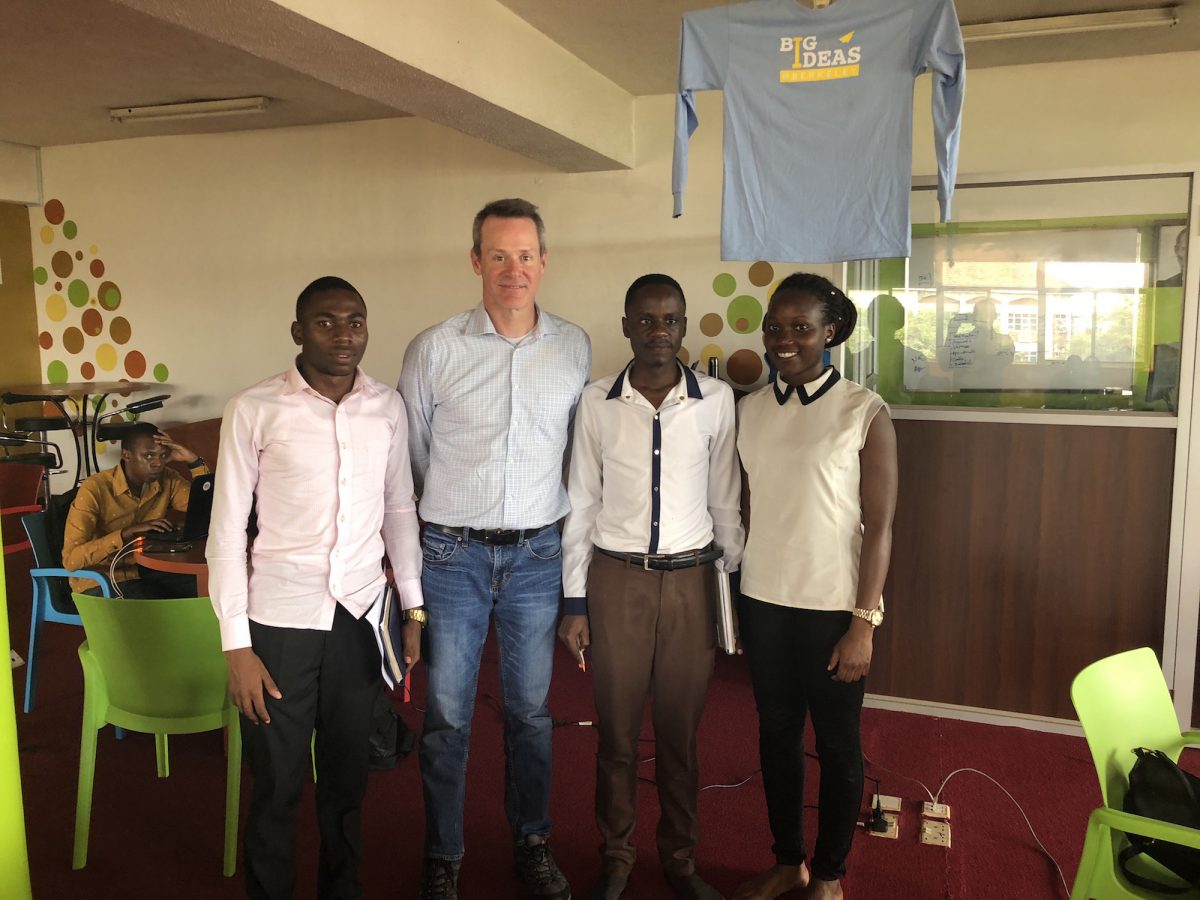
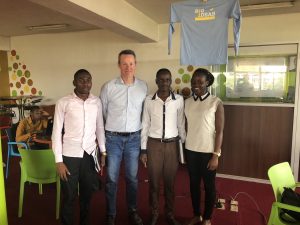
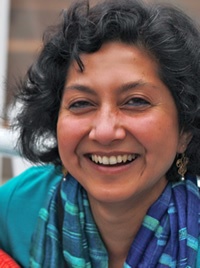
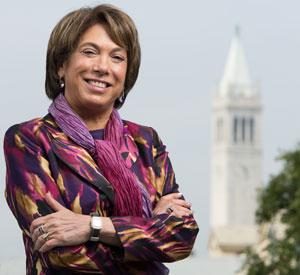
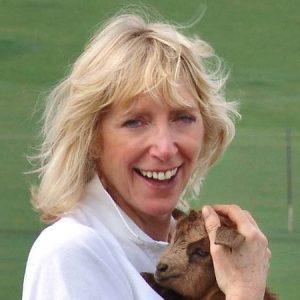 Erica Stone, Blum Center Founding Trustee, and President, American Himalayan Foundation
Erica Stone, Blum Center Founding Trustee, and President, American Himalayan Foundation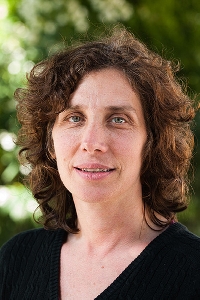
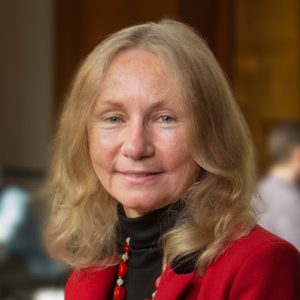 Alice Agogino, UC Professor of Mechanical Engineering and Blum Center Education Director
Alice Agogino, UC Professor of Mechanical Engineering and Blum Center Education Director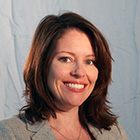
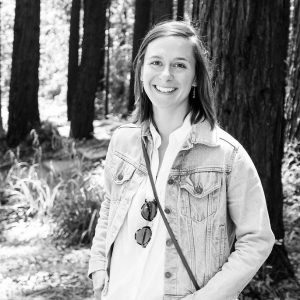 Dr. Sophi Martin, Blum Center Innovation Director, and
Dr. Sophi Martin, Blum Center Innovation Director, and
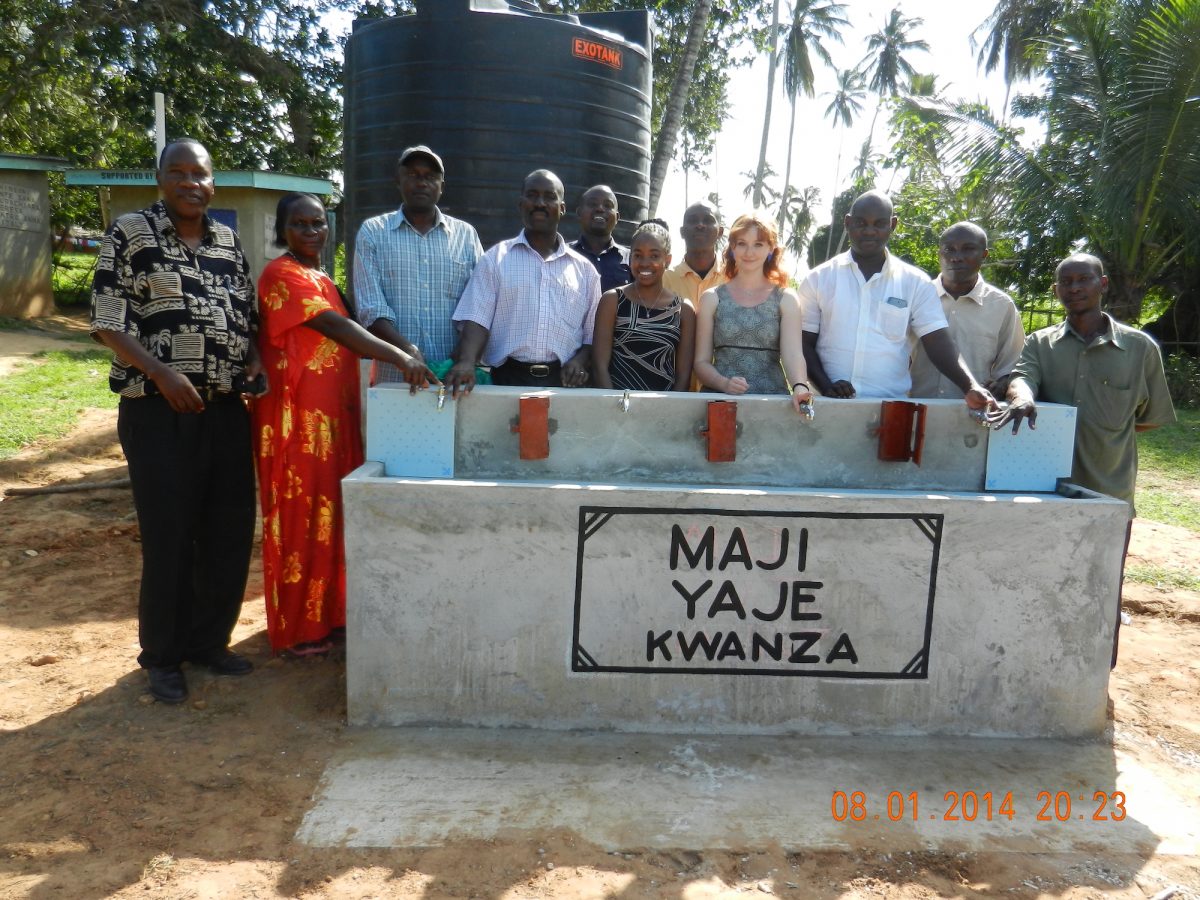
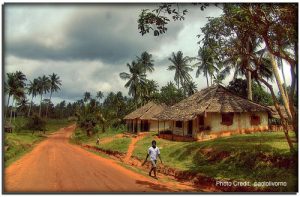 There is a saying in Swahili: “Maji Yaje Kwanza” which means “water is the first of many things”. The people of Mihingoni—most of whom are subsistence farmers—depend largely on rainwater for survival, but climate variability and long dry seasons continue to stunt crop yields. Low agricultural productivity decreases household income, and increases hunger. Lack of proper water, sanitation and hygiene leads to disease, and Kenya continues to have one of the worst under five mortality rates, globally. Families are forced to choose between sending their girls for water or sending them to school, and they choose water first. This limits the prospects for their future, and the cycle of poverty in Mihingoni continues. Until now.
There is a saying in Swahili: “Maji Yaje Kwanza” which means “water is the first of many things”. The people of Mihingoni—most of whom are subsistence farmers—depend largely on rainwater for survival, but climate variability and long dry seasons continue to stunt crop yields. Low agricultural productivity decreases household income, and increases hunger. Lack of proper water, sanitation and hygiene leads to disease, and Kenya continues to have one of the worst under five mortality rates, globally. Families are forced to choose between sending their girls for water or sending them to school, and they choose water first. This limits the prospects for their future, and the cycle of poverty in Mihingoni continues. Until now.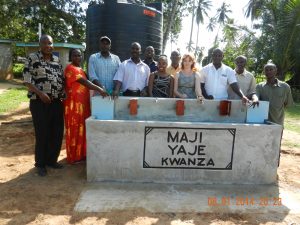 “I didn’t want to make any assumptions about what the community needed, or what the solution should be,” Miller said. “The meeting was entirely spoken in KiGiriama, which allowed those most affected by the project to fully express themselves and their needs. We wanted to put the people’s needs at the center of all of our work.”
“I didn’t want to make any assumptions about what the community needed, or what the solution should be,” Miller said. “The meeting was entirely spoken in KiGiriama, which allowed those most affected by the project to fully express themselves and their needs. We wanted to put the people’s needs at the center of all of our work.”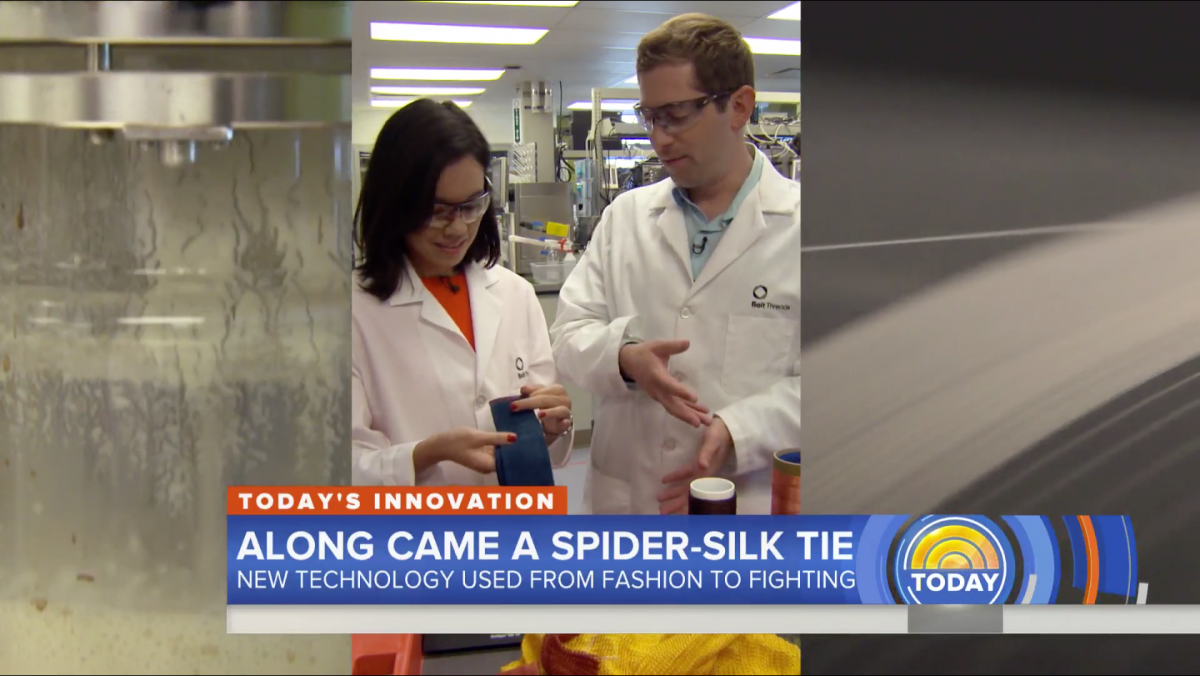
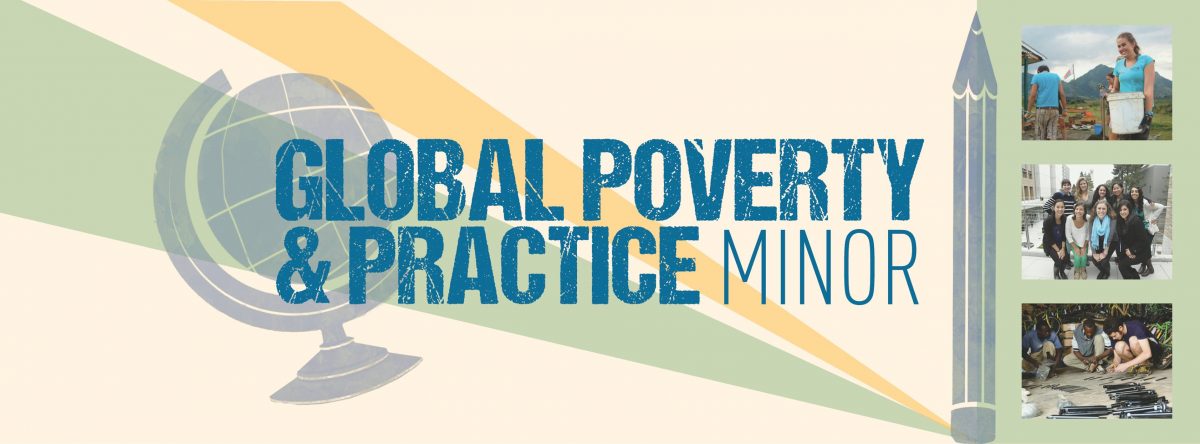
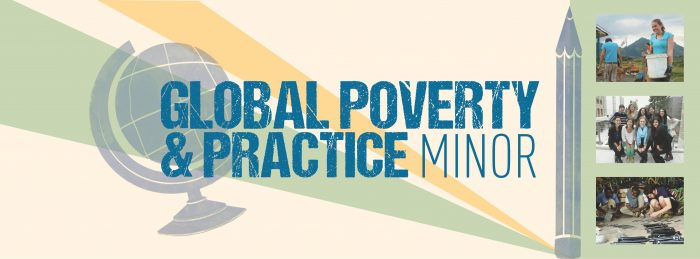

 Richard Blum looks back across 10 years of the Global Poverty and Practice Minor he created at UC Berkeley. More than 700 students have worked with organizations in 70 countries around the world–and the program is still growing. Read the blog post
Richard Blum looks back across 10 years of the Global Poverty and Practice Minor he created at UC Berkeley. More than 700 students have worked with organizations in 70 countries around the world–and the program is still growing. Read the blog post